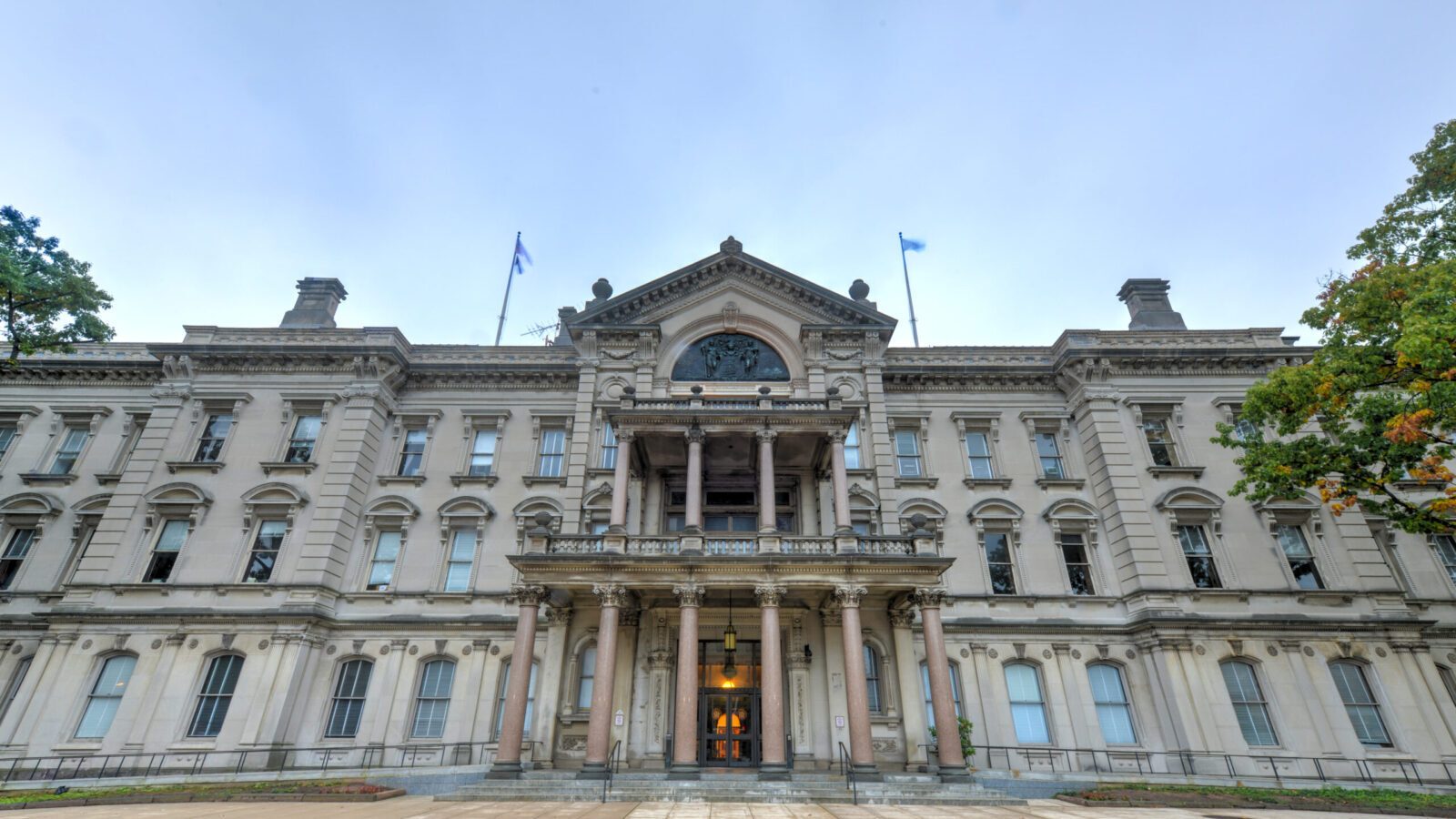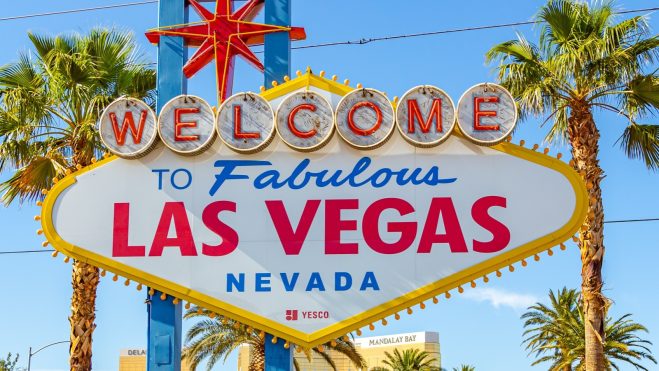New Jersey Anti-Sweeps Bill Advances From Assembly Committee
Calabrese’s bill gets backing from Attorney General’s Office and Sports Betting Alliance
2 min

The Tourism, Gaming, and the Arts Committee in the New Jersey Assembly unanimously advanced a bill on Thursday that would prohibit online sweepstakes casinos in the Garden State.
A 5447 was introduced in March by Assemblyperson Clinton Calabrese, who in January presented legislation proposing to regulate sweepstakes casinos before officially withdrawing it last month. Calabrese, the vice chair of the committee, said the idea for legislation banning sweeps originally began in the state’s Attorney General’s Office. He framed the bill as “a first move for us” as negotiations with stakeholders continue.
New Jersey has long been held as a national standard for laws, rules, and regulations for both mobile sports betting and online casino gaming. It was the first state beyond Nevada to offer online sports betting after successfully getting the U.S. Supreme Court to overturn the Professional and Amateur Sports Protection Act (PASPA) in 2018.
New Jersey was also second behind Delaware by mere weeks in launching online casino gaming in 2013.
Attorney General’s Office weighs in
B. Stephan Finkel, the director of legislative affairs for the New Jersey Attorney General’s Office, testified in favor of the bill in two separate contexts. He made the argument that all previous forms of gambling ranging from casinos in Atlantic City to horse racing in New Jersey had been voter approved by the terms of the state constitution.
He said sweepstakes casino gaming was not approved by voter referendum and while operators make the games “to look different than what they are … you put something of value on a game of chance for the opportunity to win a prize, which is gambling.”
Finkel noted the Attorney General’s Office and Calabrese have “worked very carefully going back and forth working on the terminology trying to make sure we’re not capturing things we shouldn’t capture and making sure we’re reaching the conduct we should.”
He added this bill is an attempt to craft legislature that “can be very clear in saying, ‘This is what isn’t allowed in our gambling laws.'”
Lastly, Finkel pointed out Calabrese’s bill would also update and modernize terminology for the newer verticals of online sports betting and internet casino gaming. Finkel said original gaming laws formed in the 1960s and 1970s were based on a “very different landscape when brick-and-mortar [casinos] was the only game in town.”
Sports Betting Alliance also backs bill
The only other oral testimony either in support or opposition Thursday came from Eric Scheffler on behalf of the Sports Betting Alliance, which represents FanDuel, DraftKings, Fanatics, and BetMGM. He drilled down on the reasoning behind the group’s backing of the bill, first addressing the issue of the free coins that come with in-game purchases, coins Scheffler labeled “as currency that you can use to play casino-style games.”
Scheffler continued:
“The key legal issue seems to be that there’s no consideration for the secondary coins, and therefore, an element is missing of what is required to be defined as gambling.
“It’s essentially a legal maneuver that allows them to replicate the experience of online casinos while avoiding the licensing and regulation and taxation structure set up by the state policy makers across the country.”
Scheffler also pointed out since sweepstakes operators are currently not regulated, they are not subject to the same advertising restrictions as regulated casinos and sportsbooks. That raised the issues of underage gambling, problem gambling, and responsible gambling.
He called the combination of the lack of oversight and advertising on social media platforms including TikTok, YouTube, and Instagram a “breeding ground for problem gaming” and grouped sweeps among “whole other industry or industries that are operating outside the venue of state policymakers that are not subject” to regulation.
Calabrese’s about-face going from trying to regulate sweeps to banning them drew a rebuke from the Social and Promotional Games Association (SPGA) last month at the time of the filing, calling his bill “shortsighted legislation” and “a reckless attempt to ban sweepstakes in New Jersey.”






